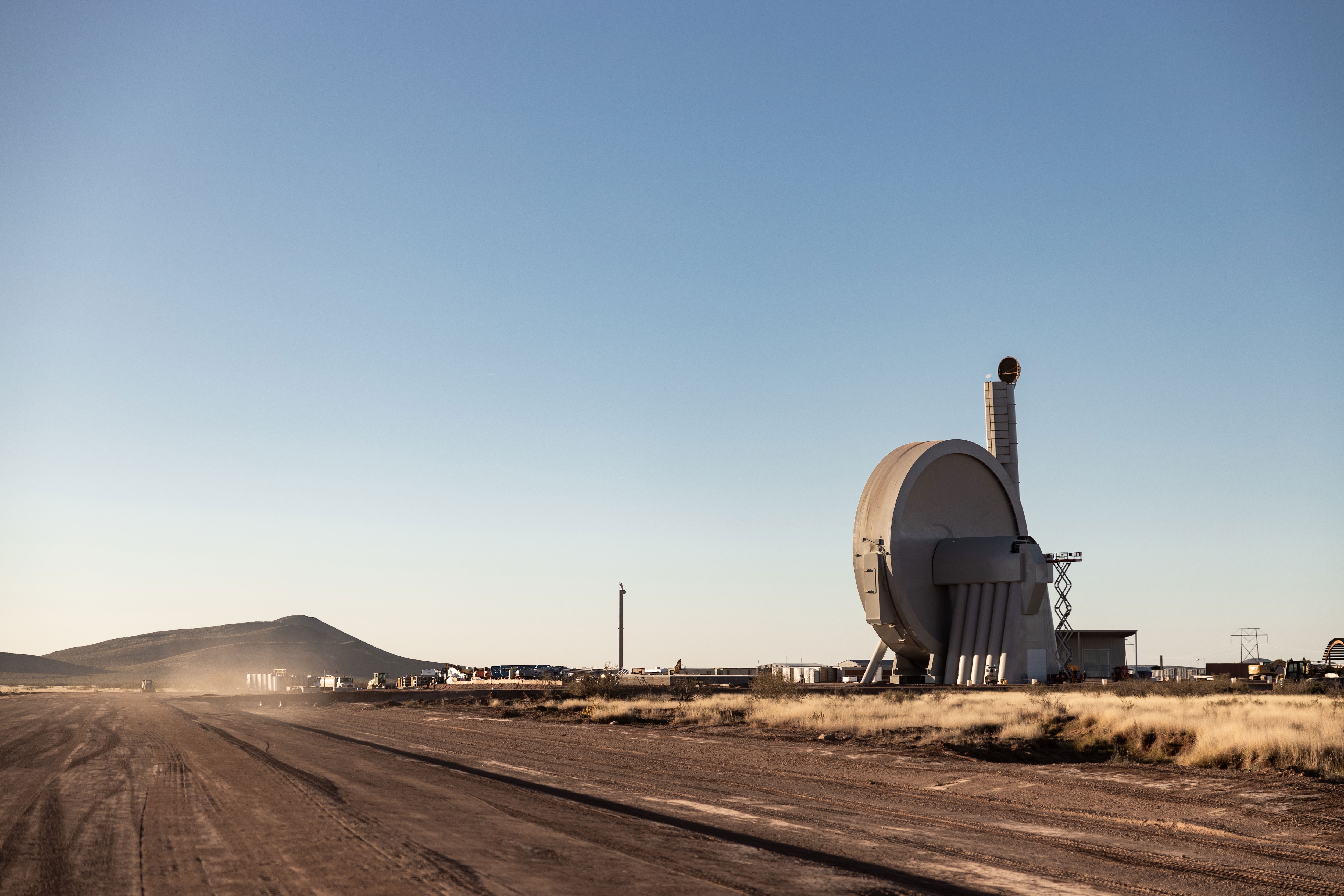Create a free profile to get unlimited access to exclusive videos, sweepstakes, and more!
Dizzying! SpinLaunch hurls rockets into space by spinning them around real fast. Really.
David of David and Goliath fame was really on to something.

Getting rockets into space takes a lot of energy. Historically, that energy has involved burning a lot of fuel to make rockets fly high into the sky and out of Earth’s atmosphere. The company SpinLaunch, however, had another idea — what if we just spun those rockets around real fast and just … let them go?
The idea sounds crazy to the average person, but SpinLaunch had their first test in late October, and proved that their Suborbital Accelerator — the first step in creating a kinetic launch system to get satellites into low Earth orbit — works.
Check out the video of the test launch here:
The Suborbital Accelerator, which at 50.4 meters is taller than the Statue of Liberty, operates from 800 to 5,000 mph (for context, the speed of sound is about 761 mph). The company’s first launch saw them successfully propel a test vehicle at supersonic speeds and recover the reusable portion.
The Suborbital Accelerator, however, is only an interim step to their Orbital Launch System.
The company doesn’t have a working version of that yet, but they do have a video about it. The following three-minute clip walks us through the process set to a soundtrack that doesn’t sound unlike something you’d find in an episode of Star Trek:
The technology couldn’t be used for humans, of course — the amount of gravitational force created would probably liquefy a person’s innards. Using electric kinetic energy to get supplies to space, however, would be a more environmentally friendly and, SpinLaunch would argue, a more cost-effective method of delivery.
The company says their Orbital Launch System will be up and running by late 2024, which means we might start seeing several of these satellites flinging up into space sooner rather than later.














